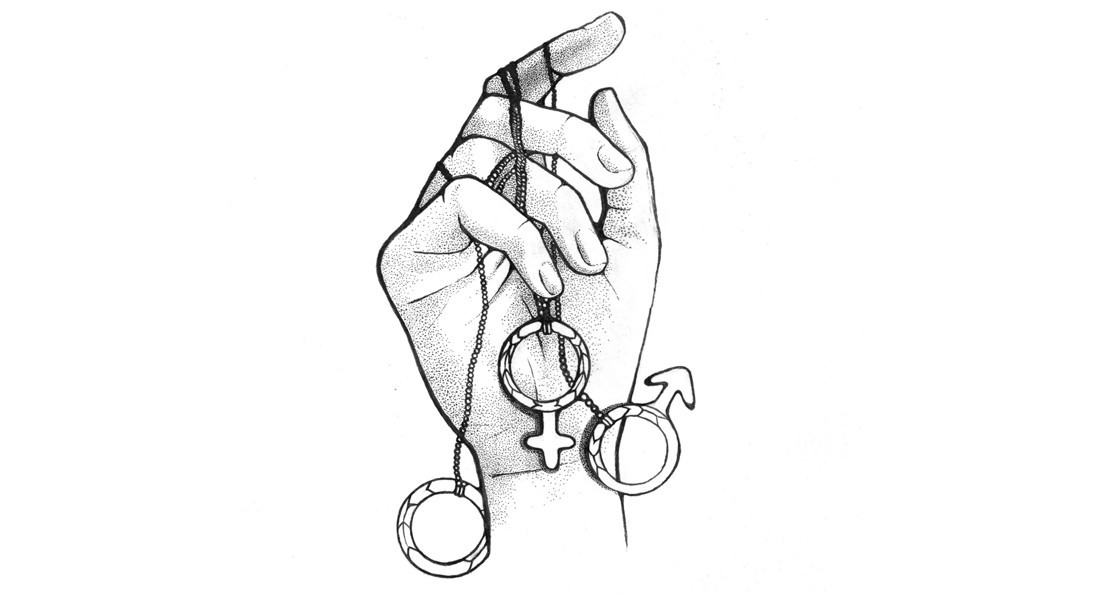Pronouns in the classroom
Respect is the key to a healthy learning environment
Students and professors may have noticed the increasing interest in employing correct gender pronouns, particularly gender-neutral pronouns such as the singular “they.”
“It’s not hard … to call someone by the pronoun that they use,” Heather Milne, associate professor in the Department of English at the University of Winnipeg, says.
She explains that because a person’s pronouns are not necessarily evidently visible, some of her colleagues in the English department have given a questionnaire to their classes that ask a range of questions of the students, including one about pronouns.
(Pronouns are) “not a preference … you choose to misgender someone,” Jocelyn Mallette, UWSA Women-Trans Spectrum Centre co-ordinator, says. If a person shares their correct pronoun, it is important to take note and practice using it so as not to forget.
Mallette adds that misgendering can be an act of violence, since it is fundamentally disrespectful and discredits a person’s agency over their own identity.
However, Mallette explains that some people use their correct pronouns only in situations when they feel safe, and that asking someone their correct pronouns could put them in a situation where they have to lie to maintain their privacy.
Classrooms can be a place where people might worry that their classmates and professors aren’t accepting of their pronouns. In this situation, it is respectful to refrain from inquiring in order to respect their privacy. An alternative to asking for pronouns is to use a person’s name instead.
Although there has been some criticism of the singular “they,” Mallette argues that it is easier to say than “he or she.”
Milne adds that this employment of the pronoun is nothing new.
“Yes, it’s grammatically incorrect. That being said, there are incidences of the singular ‘they’ being used that go back to the 14th century,” Milne says.
“It evolves as a culture changes,” Milne says. “If our society is evolving in such a way that there is a larger number of people who don’t identify as male or female, then certainly our language can shift to accommodate that.”
“Language is fluid and constantly evolving,” Mallette says.
Milne explains that she opens the conversation when going through her class list on the first day.
“I invite students, if they have a name or a pronoun that may not be immediately apparent to me, to let me know … in class, or they can email me,” Milne says.
Although individual professors may believe in the importance of using correct pronouns, this is not always recognized institutionally.
Milne suggests that the university could implement changes around administrative fees relating to gender identity.
“As a professor, I want to respect my students as individuals and human beings. I want to find ways that they can feel comfortable and feel like themselves in my classroom,” Milne says.
“That’s just going to enable them to learn better,” she says.
Milne explains that, ultimately, it comes down to a relationship of respect between students and professors.
Published in Volume 72, Number 13 of The Uniter (January 11, 2018)






